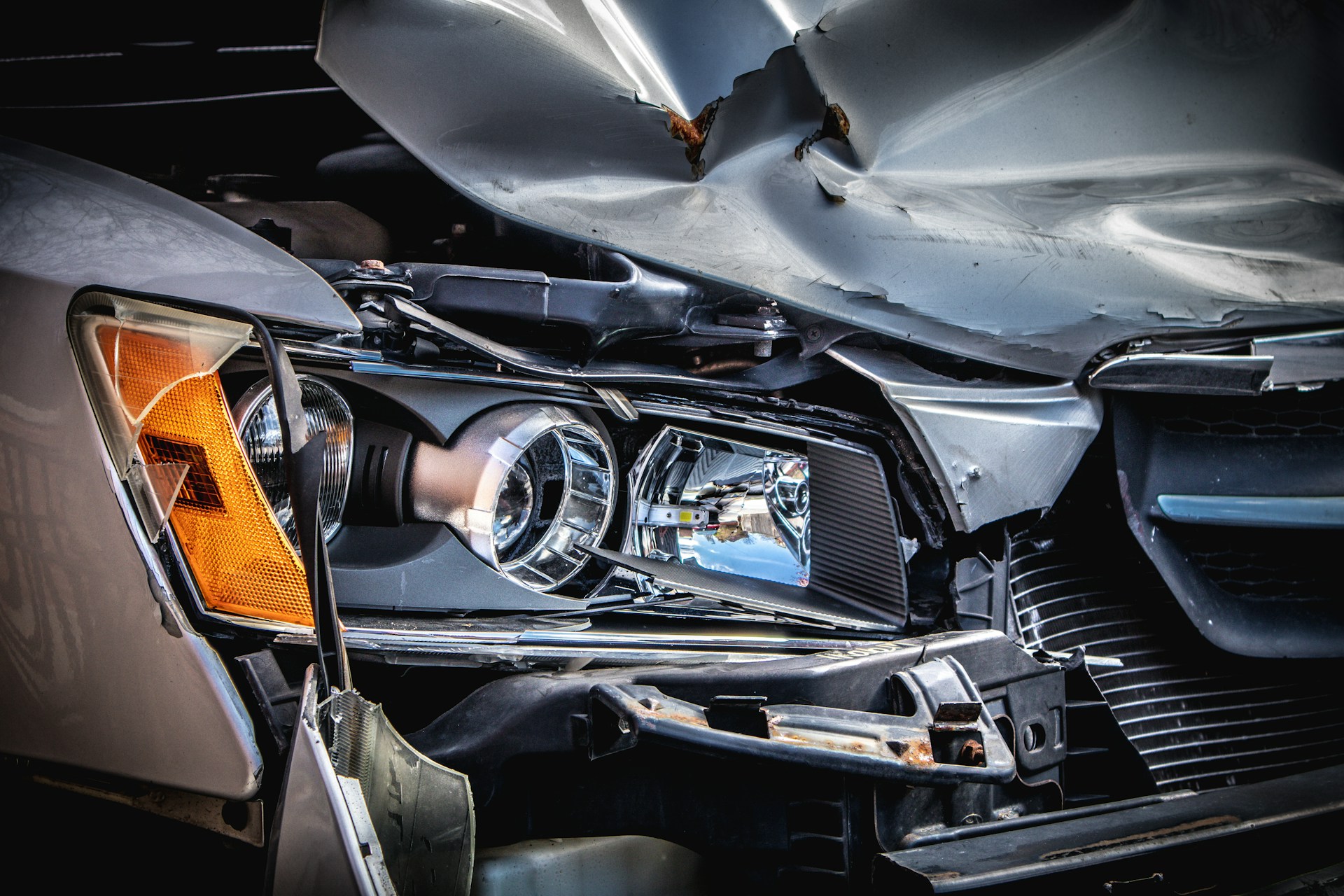Minor car accidents are more common than you might think – with around 400,000 shunts every year in the UK. But even a small bump can leave you scrambling and wondering what to do next.
Whether you’re dealing with just a scratched bumper or a low-speed collision, knowing what to do after a minor car accident in the UK is essential to stay protected legally and financially.
In this guide, we’ll cover your responsibilities, when to contact the police, and how to handle the situation smoothly.
What is Considered a Minor Car Accident in the UK?
A minor car accident typically refers to low-speed collisions that result in minimal damage and no serious injuries.
These types of traffic accidents are the most common types of accident and can happen to anyone including the most seasoned of drivers.
Anything from lightly bumping into another car in slow-moving traffic, reversing into a post or bollard, or clipping a wing mirror while parking counts as a minor traffic accident.
However, even if the incident seems small, it’s still important to follow the proper steps to ensure everyone’s safety and meet your legal and insurance obligations.
What to Do After a Minor Car Accident in the UK
Even in seemingly minor collisions — where you might feel you can just drive off — it’s important to take the right steps to stay safe and protect yourself legally and financially.
Here’s what to do immediately after a minor car accident in the UK.
1. Stay calm and assess the situation
A minor bump or scrape can still feel unsettling, but try to remain calm.It’s important to remember that an accident could have always ended worse, so if everybody is unharmed, there’s no need to panic.
2. Make sure everyone is unharmed
Although minor accidents typically don’t cause physical harm to others, even small shunts can cause injuries — so always confirm that no one has been injured.
Ask the other driver and any passengers if they’re okay. If there are any signs of injury, even minor ones, it’s best to seek medical advice and consider calling emergency services.
3. Move vehicles to a safe location
If you’re looking to exchange insurance details with another driver, make sure you’re not obstructing traffic, move the cars to a safe place nearby — like a lay-by or side street — so you’re not in the way of other road users.
If you can’t move the vehicles, make sure your hazard lights are on to alert other drivers. If you’re on a fast-moving road like a motorway, place a hazard warning triangle alert other drivers to your accident if you can’t get to a hard shoulder.
4. Exchange details at the scene
After ensuring safety, exchange your name, address, vehicle registration, and insurance details with the other driver or drivers. Also, collect the same information from them. If there are any witnesses, get their contact details too. Avoid admitting fault or apologising — stick to the facts to let insurers decide who’s at fault.
5. Take photos and gather evidence
Take clear photos of both vehicles and any damage as well as the surrounding area, road signs, and number plates if you can — this helps insurers build a better picture of the accident.
Note the time, location, and weather conditions when the accident took place. If there are witnesses, record their names and contact details. This evidence helps support your insurance claim if needed.
Do You Have to Report a Minor Car Accident to the Police in the UK?
In the UK, you are required to report a car accident to the police if anyone has been injured or if you fail to exchange details with the other driver.
However, for most minor accidents where no one is hurt and both parties have exchanged information at the scene, it’s not mandatory to report the incident to the police.
However, if you suspect the other driver is uninsured, driving without a licence, or under the influence of drugs or alcohol, you should report the accident to police.
If you do need to report it, you must do so within 24 hours by calling 101 or visiting your local police station.
What Happens if You Don’t Report a Minor Car Accident?
If you do not report a minor accident when you should, you may face trouble with the law.
For example, it’s a criminal offence to not exchange details and report the accident when it’s legally necessary, you could be committing a criminal offence.
Also, if you don’t inform your insurance company, it’s possible you could have future claims rejected. In the long term, it can also increase your insurance premiums if you’re deemed untrustworthy and don’t report a minor car accident when you need to.
Should You Still Check for Injuries After a Minor Car Accident?
If you have been involved in a minor traffic accident, it’s highly likely you won’t be injured.
However, symptoms of mild injuries – like minor whiplash and small knocks – may not appear until long after the accident.
If you are experiencing any symptoms or pain immediately after the accident – or long after – you should see a medical specialist to make sure there’s no further complications or underlying damage.
Need to Know What to Do After a Car Accident? Keith Michaels Can Help Every Step of the Way
At Keith Micheals, we specialise in providing insurance for imports, modified vehicles and rare models. With 35+ years’ experience in the business, you can rest easy knowing your in safe hands and your pride and joy is covered.
Find out more about how we can help by contacting us today, or keep up with all the latest updates on our blog.


